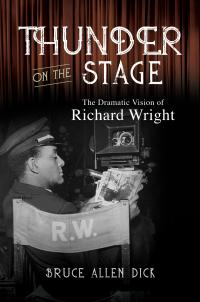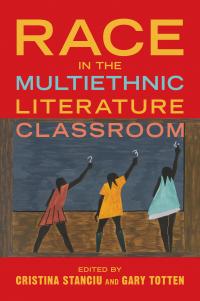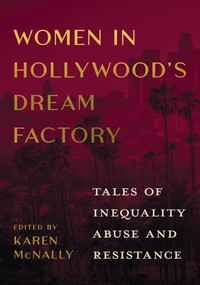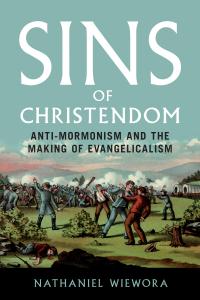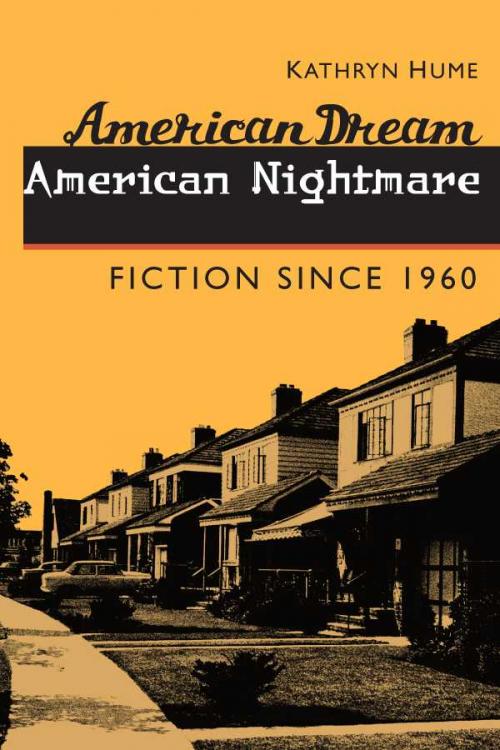
American Dream, American Nightmare
About the Book
Kathryn Hume's celebration of contemporary fiction explores how estrangement from America has shaped a literary generation she calls the Generation of the Lost Dream.In breaking down the divisions among categories of race, religion, ethnicity, and gender, Hume identifies shared concerns, values, and techniques among nearly a hundred novels by seemingly disparate writers including T. C. Boyle, Ralph Ellison, Gloria Naylor, Tim O'Brien, Maxine Hong Kingston, John Updike, Toni Morrison, Julia Alvarez, Leslie Marmon Silko, and Don DeLillo. This reading strategy allows Hume to track multiple threads including the treatments of the slippage in the immigrant experience between America’s promise and its reality, the political link between stories of lost innocence and liberalism’s inadequacies, and the literary challenge to scientific materialism in searches for a spiritual dimension in life.
About the Author
Kathryn Hume is the Edwin Erle Sparks Professor Emerita of English at Pennsylvania State University. She is the author of multiple books, including The Metamorphoses of Myth in Fiction since 1960 and Aggressive Fictions: Reading the Contemporary American Novel.Reviews
"Hume shows an encylopedic knowledge of the period she covers as she surveys novels that exhibit common techniques, problems, and issues. . . . This well-documented study, with its lengthy bibliography, will be valuable and engaging for students and scholars at all levels."--Choice"[Hume] works inductively, considering roughly one hundred novels published between 1960 and 1990 in order to illuminate their thematic alliances. . . . [This volume] succeeds because of Hume's sharp eye for detail. A master of the one-thousand-word critique, she is able to succinctly move thorugh dense novels without neglecting significant themes or ignoring pressing issues. . . . I can think of no better text to introduce graduate students to the field, enlighten specialists working in earlier periods, or guide the general reader looking for a map through the terrain of contemporary fiction."--Eric Schocket, American Literature
"A significant critical evaluation of contemporary American fiction that is sure to influence our understanding of the literature of the second half of the twentieth century. . . . No one can claim to understand contemporary American fiction if he or she has not read and come to grips with the arguments in Hume's book."--David W. Price, Southern Humanities Review
